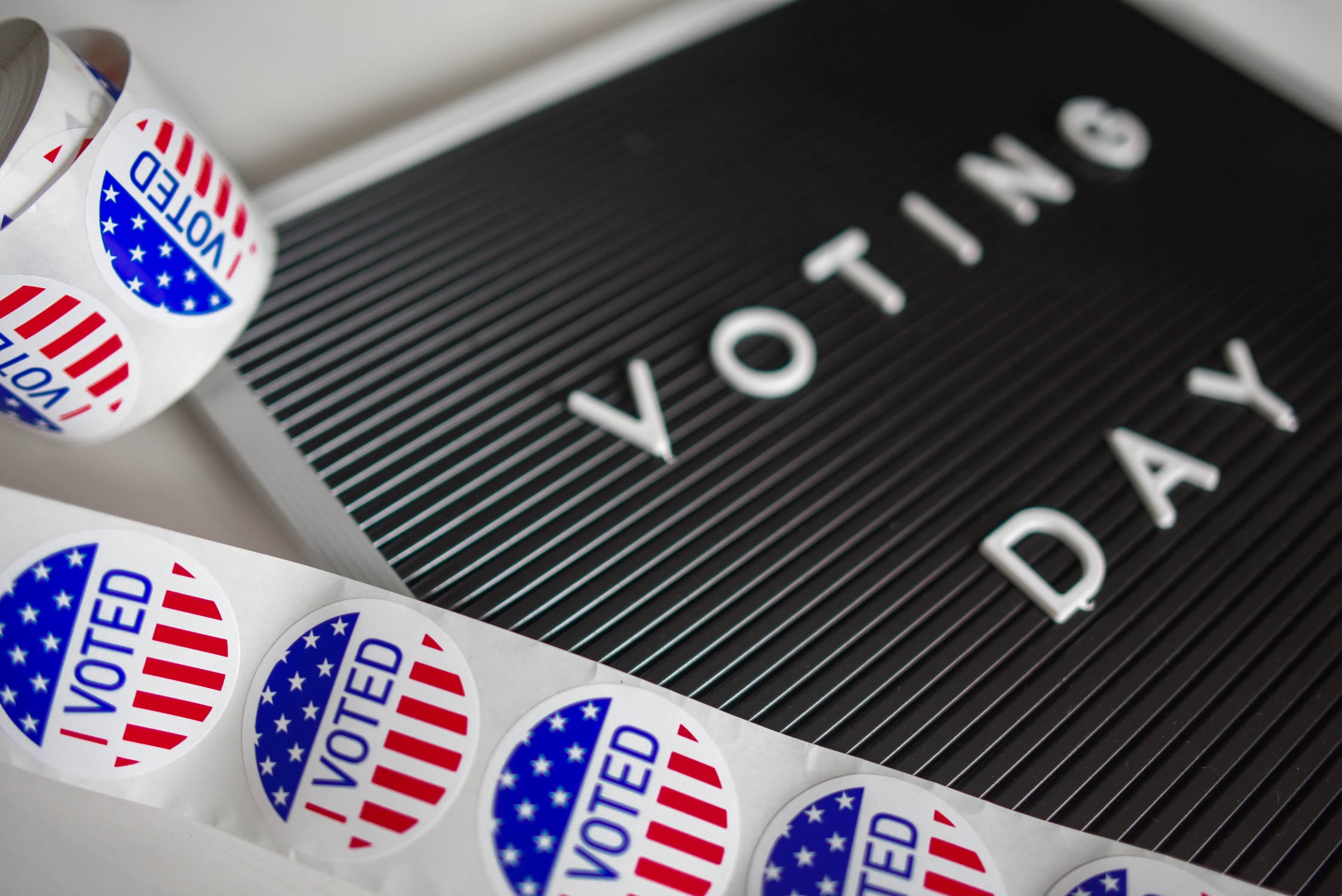
The US voting system is complicated. It is not always the people who pick the President, but the electoral college. That is just one example of the complexity. However, to understand why voters behave the way they do, we need to dig a little deeper.
Are voters as well-informed as we think they are? Do they follow political trends, read material on No Labels, and do their research? No Labels is a good bet because it does not focus on the promotion of political parties or individual politicians or special interests. Instead, it concentrates on promoting ideas.
Some people do conduct research – but there is interesting psychology behind the way the average voter’s mind works. One phenomenon worth looking into is whether or not people are voting for the candidates alone or the parties they represent. In a political system dominated by two incumbent bodies, you might assume it’s an easy choice to make.
However, there are a few factors that influence people to choose personalities over policies. Here is just a handful of them.
People find politics boring
Some of the more sensationalist elements of politics can indeed be very exciting, even shocking at times. However, the real meat of political discourse, getting deeper into legislation and decision-making, is unlikely to appeal to an increasingly impatient modern audience.
Delving deep into party manifestoes and ideologies is likely going to take a lot of time and effort for modern voters. In a world where our information is served quickly, concisely, and where most people pay attention to headlines first, there’s a genuine thirst for data ‘now,’ not ‘later.’
Getting into the intricacies of the Republican and Democratic Parties is much harder than, say, hearing a shorter version of populist policies from a figurehead. The leading candidate is the ‘face’ of the party. Therefore, many voters are likely to place much of their trust in them.
Modern politics revolve around personality
Arguably, Donald Trump’s rise to the Presidency in 2016 was such a success partly as a result of his ‘alternative’ personality. His claims that he was to ‘drain the swamp’ of the same old bureaucratic figures were likely to be appealing to many voters. Barack Obama offered charisma and genuine passion, as well as a way with words that the late John McCain couldn’t match. You could say the same for Bill Clinton.
The fact is, modern media shows us one or two faces to represent the main parties. Many US voters will likely recognize Donald Trump and Mike Pence from the Republican side, and Joe Biden and Bernie Sanders from the Democratic. The media understands that it is convenient for people to hear about policies and politics from one or two figures, not several.
Therefore, people are used to associating voting with ‘picking a personality.’ That’s, ultimately, what they are offered through the main channels – on TV, online, and elsewhere.
People project onto candidates
You might also argue that choosing a person, rather than a party, is purely a human approach. No matter how deeply they think about policies and law-making, people will likely see a candidate first, and a party second. That’s human behavior 101. Parties and manifestoes are artificial constructs – therefore, it’s only natural that people are going to gravitate towards politicians and personalities, rather than the parties they represent.
People also tend to project themselves onto candidates. People who voted for Trump in 2016 may have done so as a result of growing tired of the same types of candidates over and over. However, some have gone on to regret their voting decisions. Crucially, we tend to see someone who we think has our best interests at heart.
Political candidates need to lead with prominent personalities to appeal to the majority of voters. Not everyone is going to spend their time carefully analyzing every single manifesto pledge. For that reason, candidates will always look to impress themselves on the individual voter, so that they can see themselves in their picks.
Politics gets personal
More so now than ever before, arguably, politics is a personal game. When it comes to the crunch between candidates who are looking for that crucial edge over the voters, political broadcasts will dig deep. Many will focus on negative aspects of other candidates’ campaigns or will create spin based on their personal lives.
Spin doctors understand that sensationalism, as well as bringing personality into politics they are likely to breed higher voter numbers. Many campaigns will, arguably, appeal to the lowest common denominator – purely to get access to as much of the voter spread as possible.
Crucially, the main reason why people vote for other people, and not parties, is that it’s easy. It’s easier to choose the people you want to run the country than it is to consider a whole political regime. What’s more, as the mainstream media continues to throw more light on personalities than it does policies, that trend is likely to continue.






